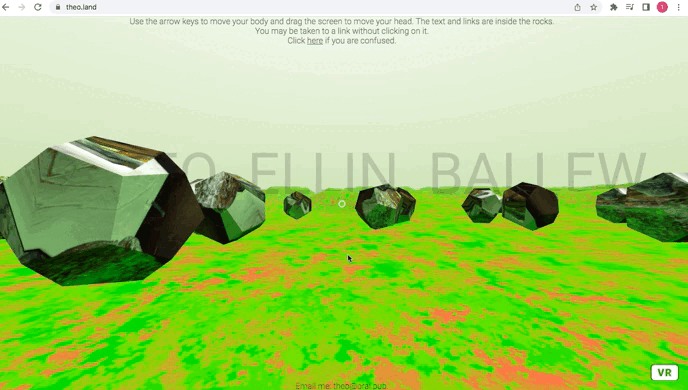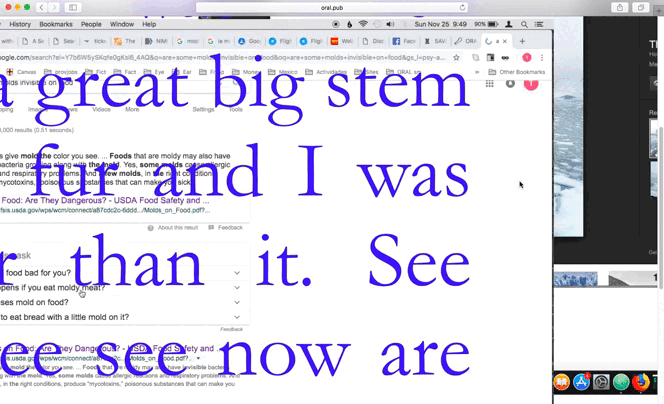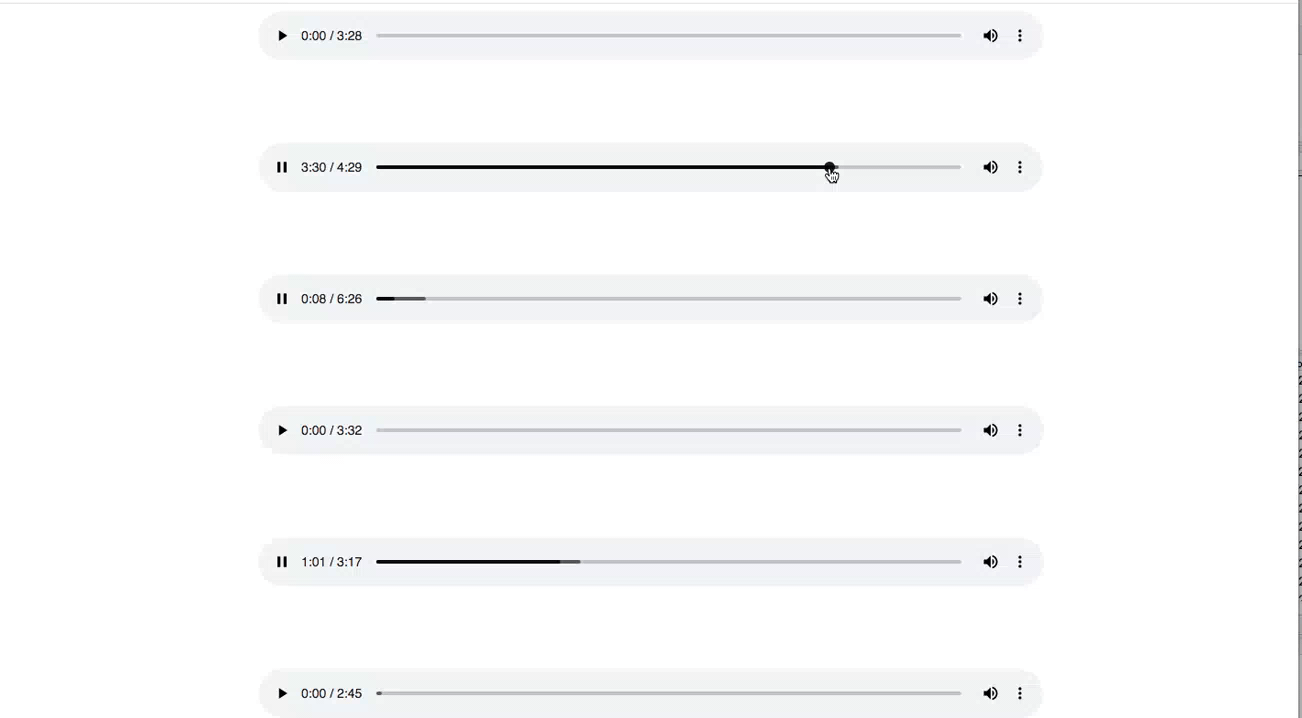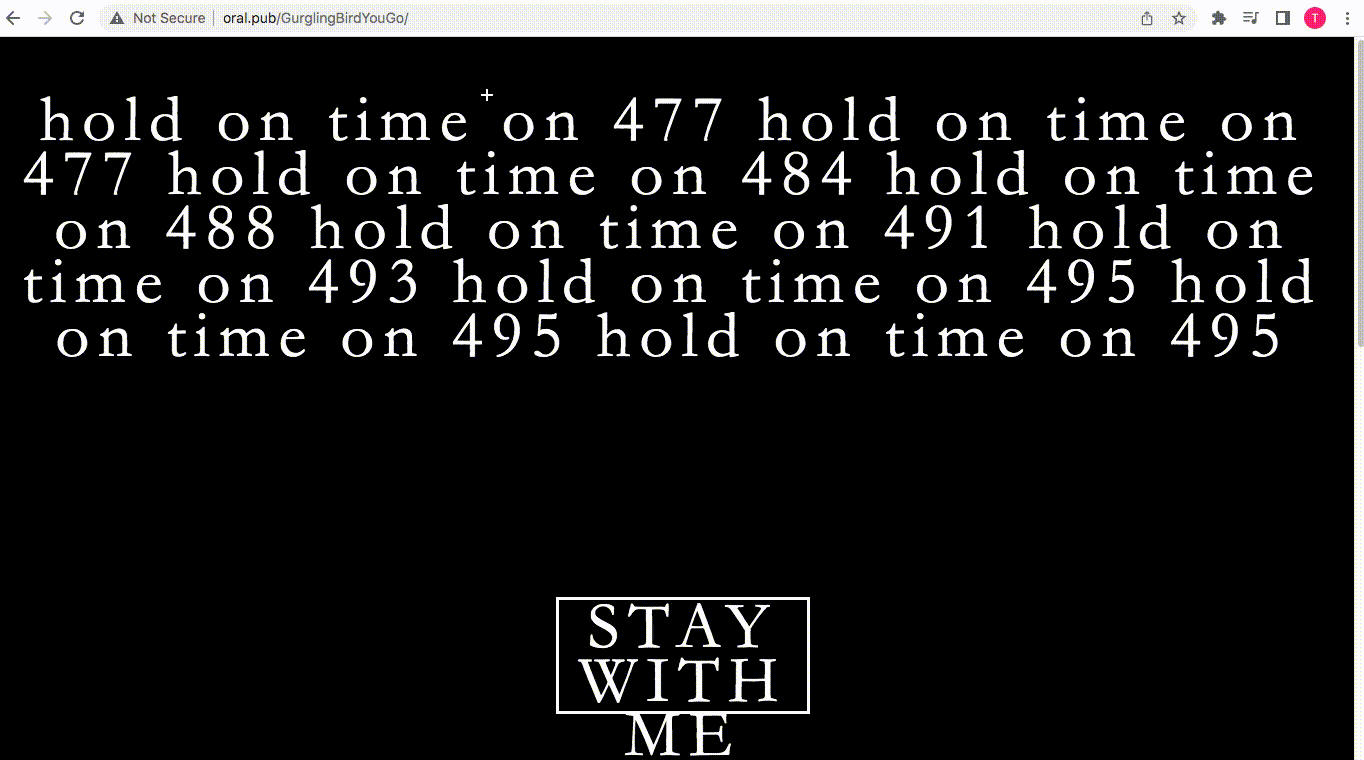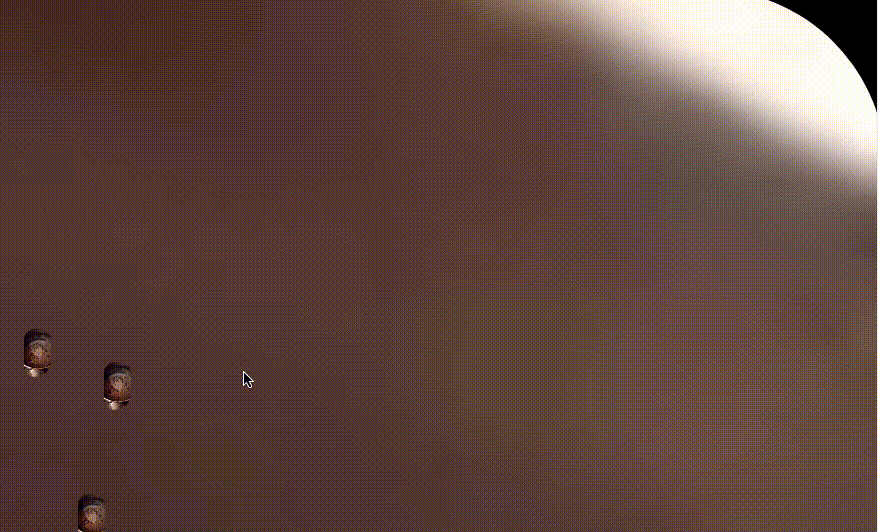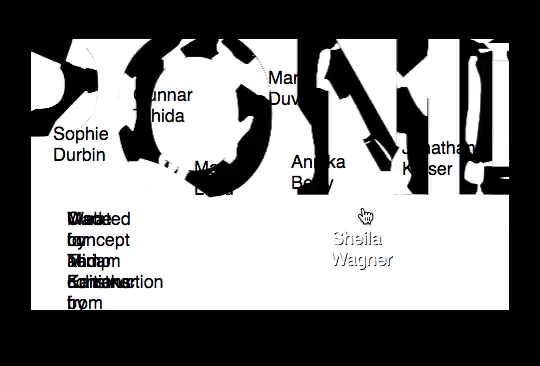
Curatorial website, 2025.
I invited some brilliant friends to send 5-10 things they experienced in 2024 and would recommend—asking via email for "books, albums, songs, artworks, poems, games, movies, websites, articles, or anything else (with slight preference for evergreen stuff that can be experienced from multiple spots in spacetime). Maybe you 'love' these things or think they're 'beautiful'; maybe they impacted you extremely; maybe you can’t get them out of your head and kind of hate them but are glad you saw them; etc. Can be stuff that came out in 2024 or in 2004 or in 204; can be stuff you just discovered in 2024 or stuff you returned to in 2024. I'm assuming lists will be in no particular order, and am avoiding words like "top" and "favorite" to lower the selection pressure; there really aren't rules; just send some recs." I then built a bespoke webpage on ORAL.pub to house the 49 recommendation lists I received.
This was mostly a lighthearted endeavor akin to party-throwing (gathering friends in one place to talk to each other, etc.), but it’s also a little serious: micro-intervention in our increasingly algorithm-driven and anti-social media consumption. The process was a joy, and I hope to make it a Near Year's tradition.
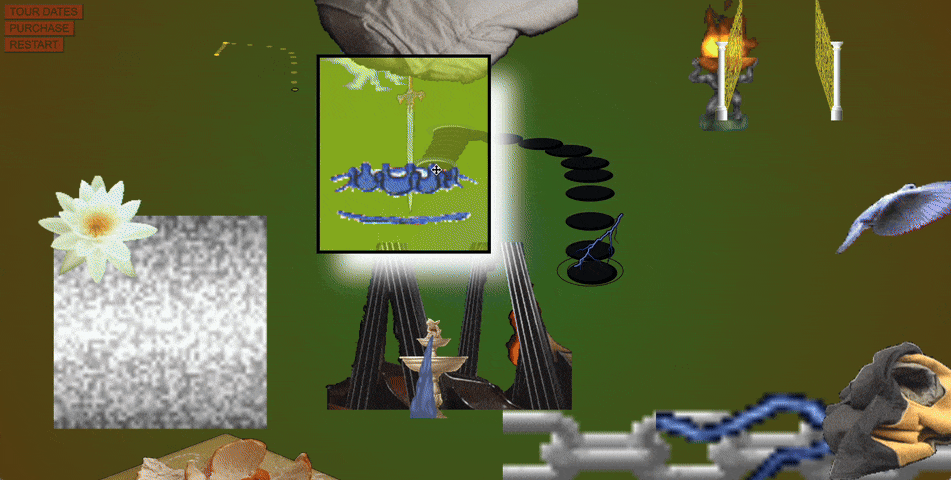
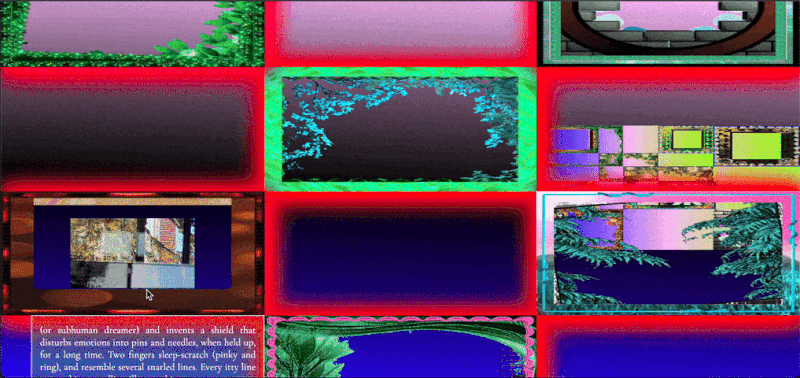

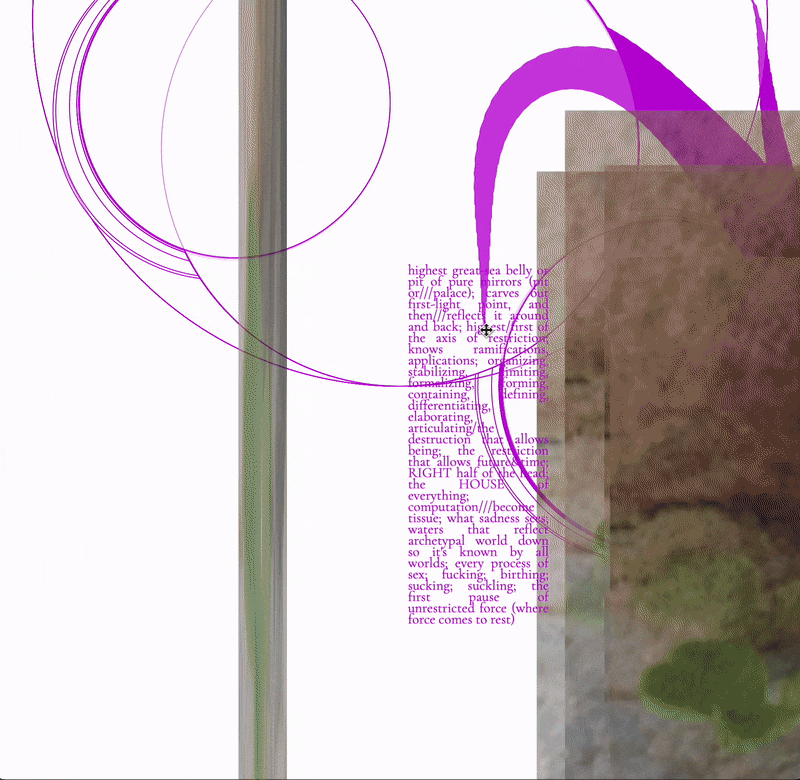
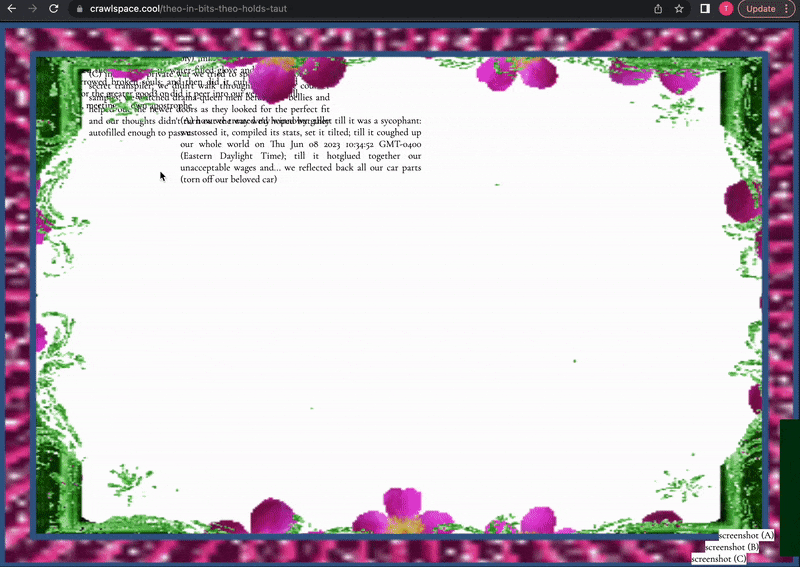
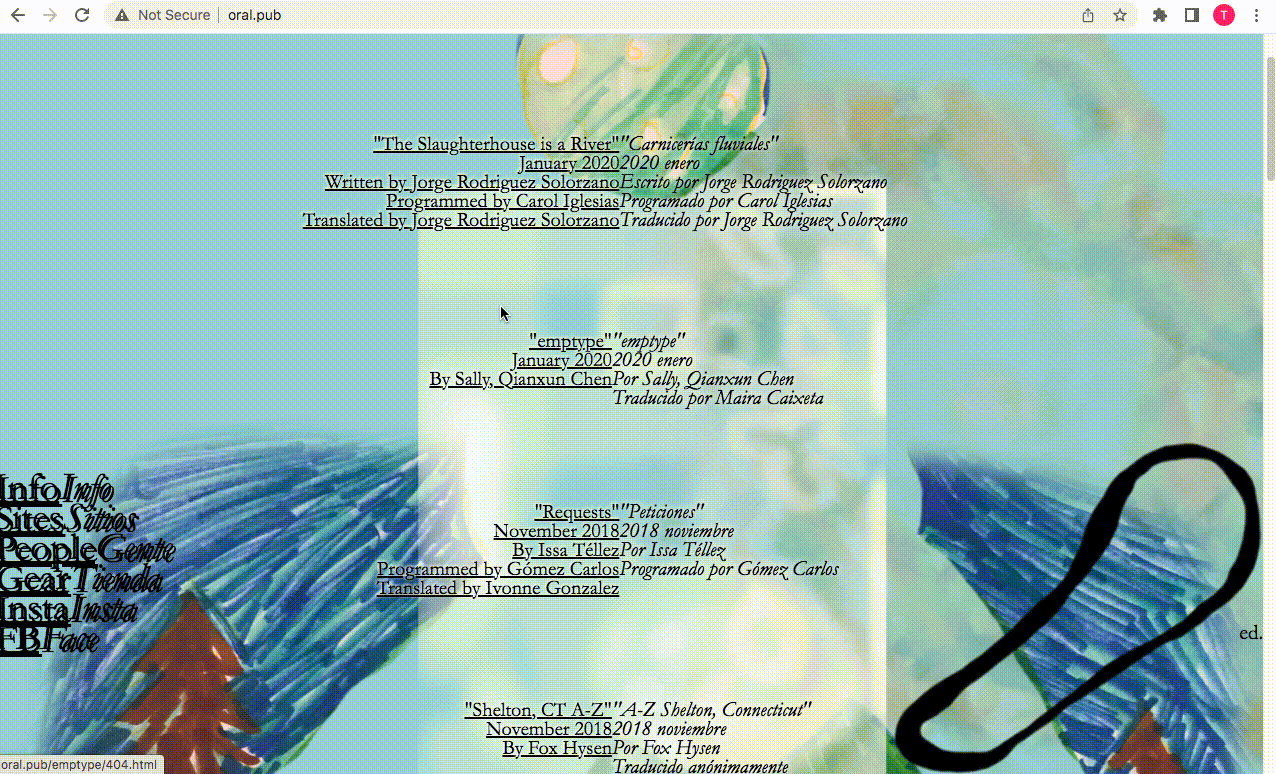
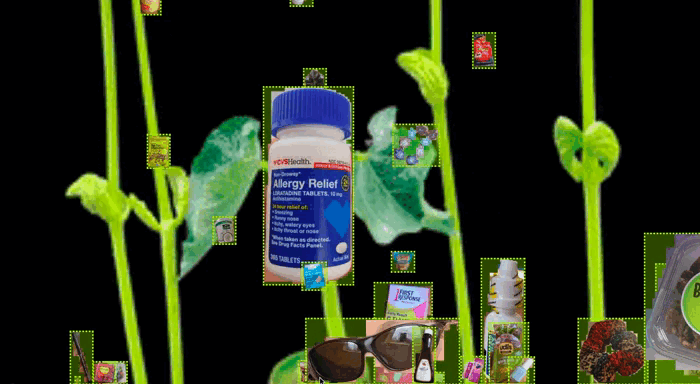
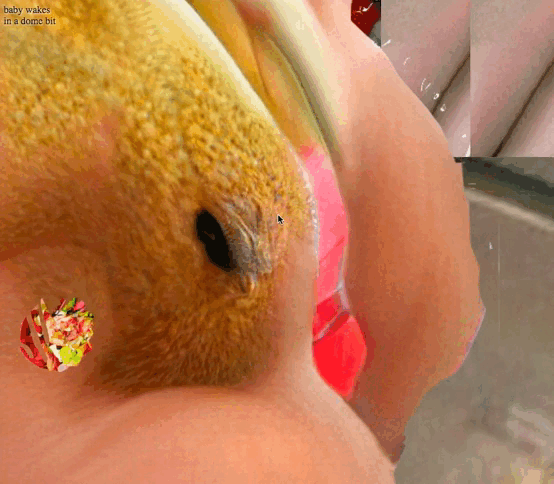
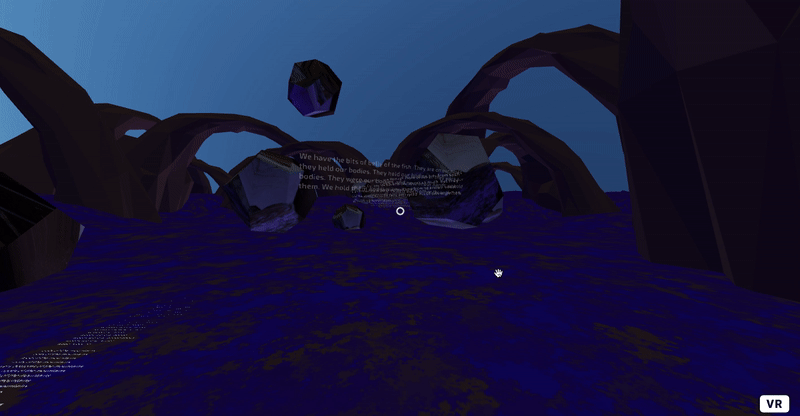
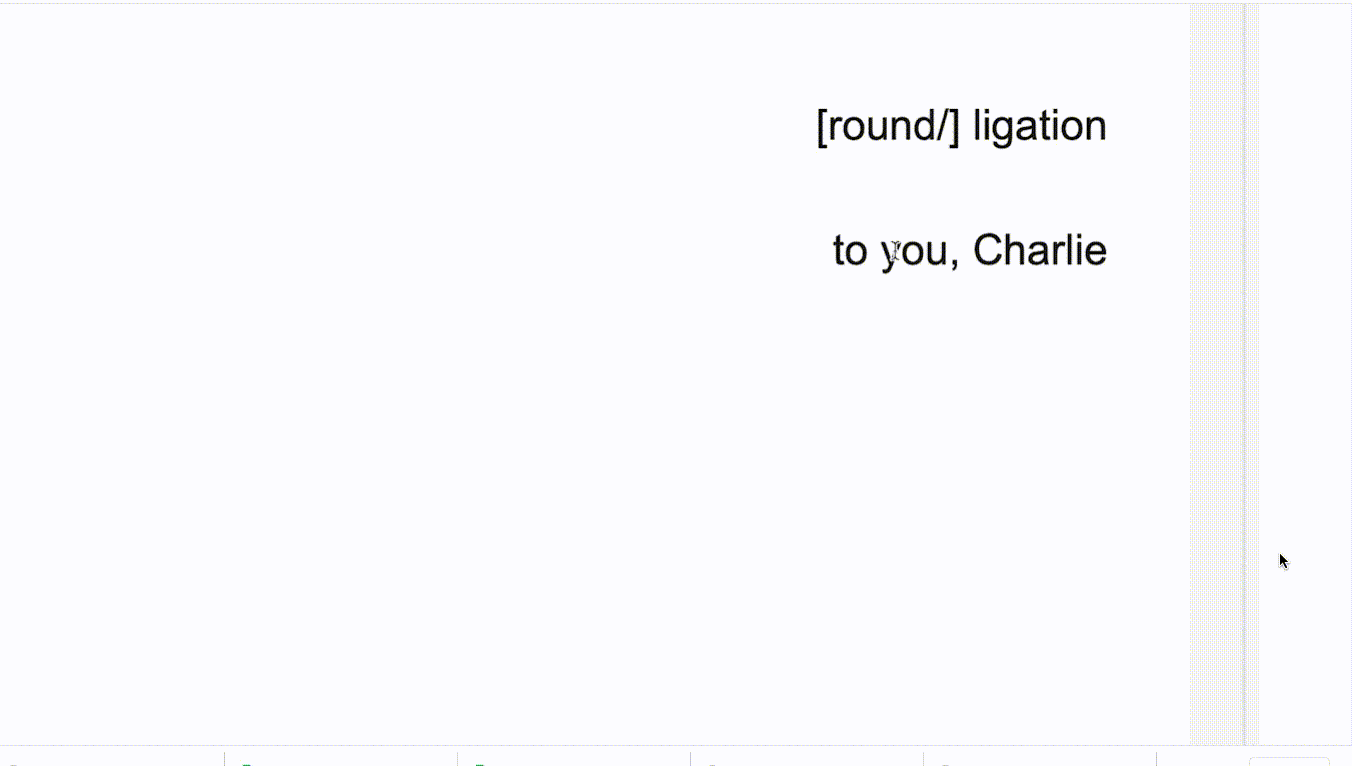
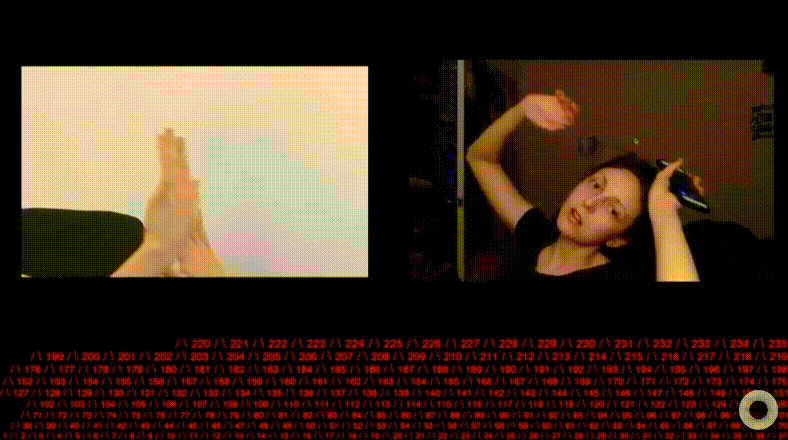 Video, 7 min, 2020. Released with Hole Records.
Video, 7 min, 2020. Released with Hole Records.